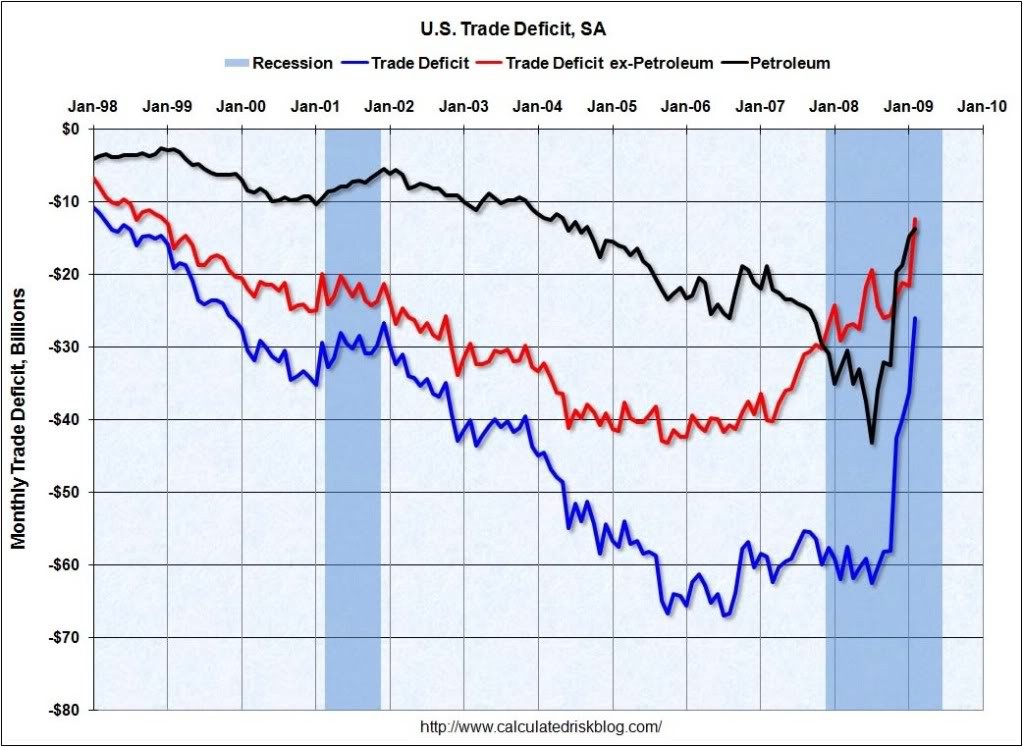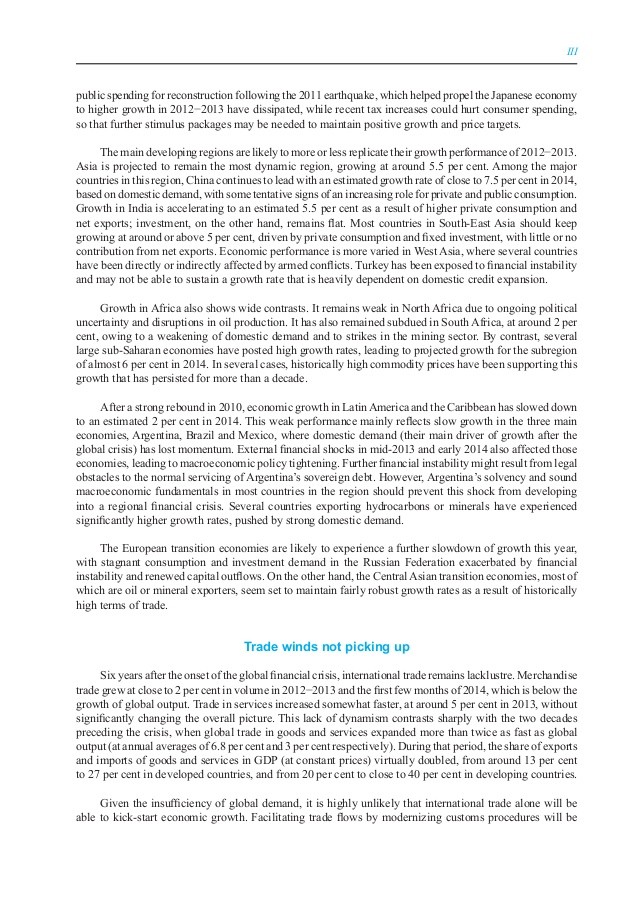G20’s Interventions Risk Protectionist Reprisals Bloomberg Business
Post on: 16 Март, 2015 No Comment

Guido Mantega, finance minister of Brazil. Photographer: Paulo Fridman/Bloomberg
Oct. 7 (Bloomberg) — The race for cheaper currencies may have only just begun as nations from Japan to Brazil seek a competitive edge in international trade.
Japan last month intervened for the first time in six years to restrain the yen, while China is resisting calls to let the yuan rise faster. At the same time, a potential revival of U.S. and U.K. asset-purchase plans may spark declines in their currencies. UBS AG says the “mega-trend” of interventions will roil the $4 trillion-a-day foreign-exchange market for the next decade.
While lower exchange rates can lift an economy by helping exports, the danger is that the moves escalate into devaluations and protectionist retaliation, impeding global growth. Brazil’s Finance Minister Guido Mantega, a delegate to the International Monetary Fund annual meetings in Washington this week, said Sept. 27 that there’s already a worldwide “currency war.”
“There’s a real danger of a more unilateral approach taking hold,” said Mansoor Mohi-uddin, the Singapore-based head of global currency strategy at UBS, the world’s second-biggest currency trader. “There will be more countries outright intervening and others inadvertently weakening their currencies.”
Aussie, Yen Rise
Australia’s currency strengthened 1.1 percent today to 98.79 U.S. cents at 4:06 p.m. in Sydney, a record high versus the dollar, after the nation’s employers unexpectedly stepped up hiring. The yen appreciated to 82.66 per dollar, a 15-year high.
Even as Group of 20 finance deputies meet today in the U.S. capital, followed by a G-7 ministers’ dinner tomorrow, officials aren’t signaling a return to the currency accords of the 1980s. Japanese Finance Minister Yoshihiko Noda said he’s ready to explain his country’s recent currency sales at the talks.
“All this serves to highlight the tensions building,” said Simon Derrick, chief currency strategist at Bank of New York Mellon Corp. in London. The camps are composed of “those who believe in the need for greater discipline in the currency markets and those who believe that official interference leads to ever increasing distortions,” he said.
Tim Adams, the Treasury’s top international official during George W. Bush’s administration, says it’s more of a currency “skirmish” than a “war” and is unlikely to end in policy makers trying to restore order as they did when the 1985 Plaza Accord weakened the dollar and the Louvre Accord buoyed it two years later.
‘Smoothing Operations’
Japanese Vice Finance Minister Fumihiko Igarashi said in an interview in Tokyo that his government isn’t seeking to “engage in a currency-devaluation race,” while it may “conduct smoothing operations when movements are extremely volatile.”
The G-7 hasn’t intervened in a coordinated way since 2000, and its ability to influence the currency market has diminished as daily trading more than doubled from $1.7 trillion in 1998.
Having all but exhausted traditional monetary and fiscal policies, industrial nations are looking for new ways to spark growth amid subdued domestic demand, while emerging markets want to maintain the advantage in commerce that helped power them through the credit crisis. The IMF yesterday said the world economy will expand 4.2 percent in 2011, down from its forecast of 4.3 percent three months ago.
Plaza Accord
Even if a modern version of the Plaza Accord isn’t likely, direct or indirect forms of intervention will set the tone, causing a weaker U.S. dollar and British pound, and buoying the Australian currency, as its central bank tolerates gains, said Mohi-uddin, 40, who predicted a new age of intervention in a May report.
Five months later, that forecast is panning out as the yen’s rise to a 15-year high against the dollar last month led Japan to sell its currency. South Korea, Brazil and Switzerland are among the countries that have also acted this year. Thai Prime Minister Abhisit Vejjajiva said yesterday in an interview at Bloomberg’s headquarters in New York that his nation may do more to relax limits on money outflows to help exporters.
Canadian Finance Minister Jim Flaherty, who chairs the G-7 meeting tomorrow, said yesterday that “there are concerns about interventions in currency markets” and that he’s “sure” the issue would be discussed in Washington.
Undervalued Yuan
China is accused of artificially undervaluing the yuan, having limited its gains against the dollar to about 2 percent since a June pledge to make it more flexible. The country held the yuan at about 6.83 per dollar two years prior to that to shield its exporters from the global crisis.
Treasury Secretary Timothy F. Geithner yesterday said a “damaging dynamic” of large economies keeping their currencies undervalued can cause quicker inflation and asset bubbles, and restrict growth.
“China has to redirect its policy to a more domestic-driven growth and having less dependence toward exports,” Luxembourg Prime Minister Jean-Claude Juncker, who chairs a panel of euro-area finance ministers, said in an Oct. 5 interview.
Chinese Premier Wen Jiabao yesterday reiterated his view that a rapid increase of the yuan would hobble China’s economy, dealing a fresh rebuke to U.S. and European calls for a higher exchange rate.
“If the yuan isn’t stable, it will bring disaster to China and the world,” Wen said. “If we increase the yuan by 20 percent to 40 percent as some people are calling for, many of our factories will shut down and society will be in turmoil.”

Fed Moves
Geithner yesterday refrained from singling out Japan’s Sept. 15 currency intervention as a concern, saying he didn’t think Japan had set off the dynamic of currency tensions.
Even if the U.S. doesn’t intervene to depress the dollar, the Federal Reserve may still end up doing so by boosting its bond-buying program, said Derrick.
“Though they may say they’re just trying to revive the economy and believe in a strong dollar, there are plenty of people outside the U.S. who would point the finger fairly directly and say this is evidence the U.S. is following a policy of benign neglect” of its currency, said Derrick.
Trade tensions are already brewing. The U.S. House of Representatives last month passed a measure that would let domestic companies petition for duties on Chinese imports. Historians blame a trade war during the Great Depression, starting with the U.S. passage of the Smoot-Hawley Tariff Act in 1930, for deepening the worldwide economic slump.
“The esprit-de-corps is dissipating and each economy is pursuing policies that are in their own interest,” said Adams, now managing director at the Fairfax, Virginia-based Lindsey Group, an economic advisory firm.
Capital Controls
Emerging markets may resort to more capital controls if interventions fail to temper currency gains, said David Lubin, chief emerging markets economist at Citigroup Inc. in London. Brazil this week doubled a tax on foreigners investing in fixed-income securities to 4 percent.
The Washington-based Institute of International Finance, an industry group that represents some of the world’s largest financial companies, wants governments to “hammer out an understanding” on currency issues.
For now, the discord is puncturing the G-20’s united front formed to fight the credit crisis.
“These recent events are illustrative of the fact that the pressures for adjustment are building,” Bank of Canada Senior Deputy Governor Tiff Macklem, 49, said in an Oct. 6 interview. “The stakes are getting higher.”
To contact the reporters on this story: Simon Kennedy in Washington at skennedy4@bloomberg.net ; Liz Capo McCormick in New York at emccormick7@bloomberg.net
To contact the editor responsible for this story: John Fraher at jfraher@bloomberg.net ; Christopher Wellisz at cwellisz@bloomberg.net














